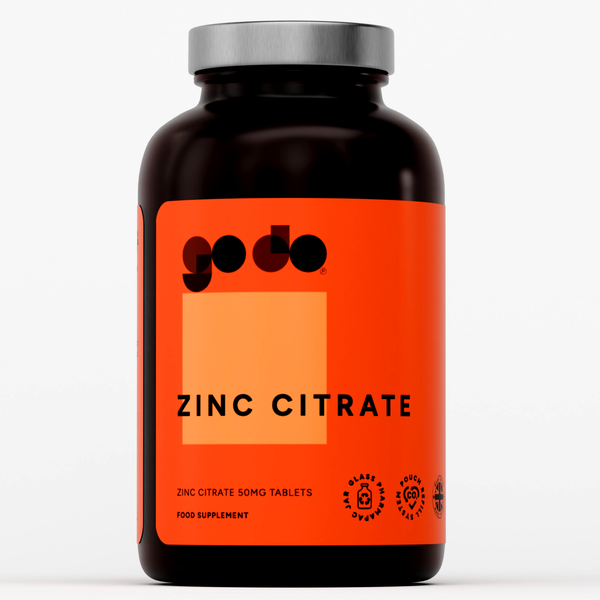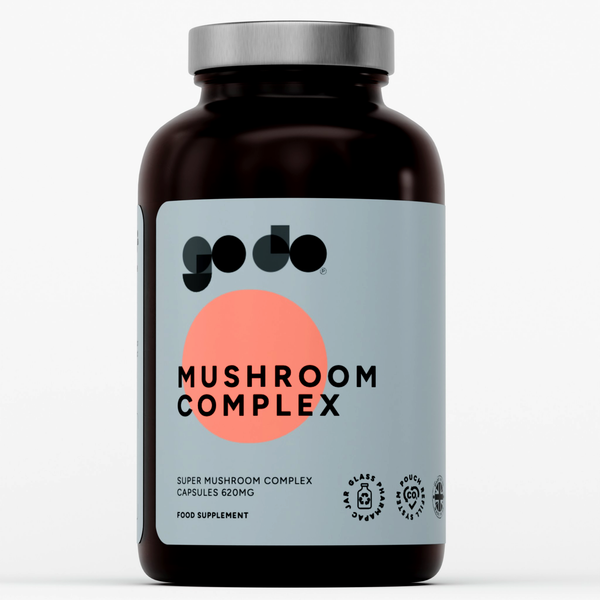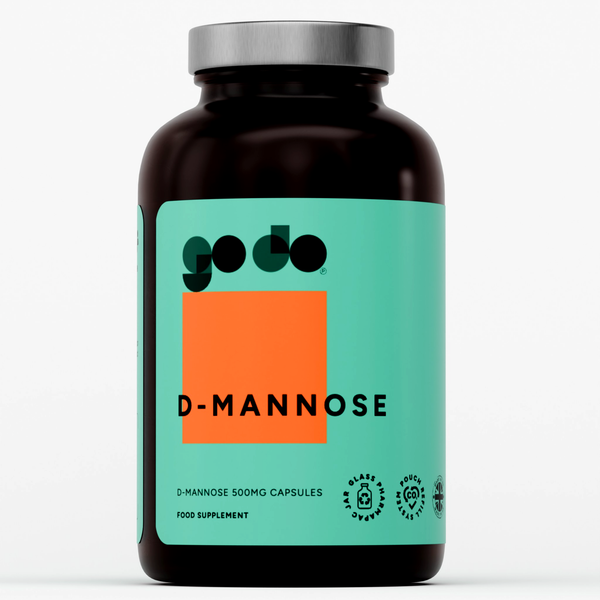
Studies have shown that our diets lack in providing us with the required nutrition our bodies need in order to perform optimally. Every single organ in a human’s body needs magnesium to carry out its functions efficiently and effectively. In case of magnesium deficiency, the reserves of magnesium in our bones are targeted to generate the desired amount which could result in a positive feedback loop whereby the body eventually will exhaust most of its reserves and result in detrimental diseases such as osteoporosis, high blood pressure, clogged arteries, diabetes, stroke and various heart diseases.
It is easier to target and overcome magnesium deficiency by taking supplements rather than diet alone because the latter is much slower and time-consuming where the former is more rapidly effective. The supplements are available in powder, tablet, and transdermal forms.
There are numerous serious risks associated with magnesium deficiencies. Some of them are listed below. Visit your doctor and nutritionist if you feel any of these symptoms as these could lead to many other secondary complications and should be addressed as soon as possible.
Serious risks of Magnesium deficiency:
- Muscle Twitches and Cramps
- Mental Disorders
- Osteoporosis
- Fatigue and Muscle Weakness
- High Blood Pressure
- Asthma
- Irregular Heartbeat
- Hormone Problems
- Pregnancy Complications
- Sleep Problems
- Low energy and fatigue
- Other minerals deficiency
The benefits of Magnesium:
- Relieves Constipation
- Strengthens Bones
- Treats Migraine Headaches
- Helps Manage Diabetes
- Improves Heart Health
- Relieves Premenstrual Syndrome
- Relieves Anxiety
- Helps Treat Psychiatric Dysfunctions
- Prevents Asthma
- Increases Energy Levels
- Helps Produce Collagen
- Regulates Functions of the Bladder
- Stimulates the Absorption of Minerals
- Prevents Eclamptic Attacks
- Offers Anti-inflammatory Benefits
Magnesium is the 4th most dominant nutrient present in our bodies. Half of our magnesium reserves lie in bones and the other half in body tissue and organ cells. One of its primary roles is acting as a “helper” in constant biochemical reactions carried out within our bodies. It is involved in 600 body reactions including energy creation, protein formation, gene maintenance, muscle movement and nervous system regulation.
Studies have unveiled the positive influence of magnesium supplements on the stamina and energy of individuals. Athletes who had taken magnesium supplements regularly ran faster and were more energetic relative to the ones who didn’t. Magnesium plays a vital role in stabilising mood and brain function. Low levels of magnesium are directly associated with a higher risk of depression and mental illnesses.
Magnesium also has a miraculous impact on the treatment of type 2 diabetes whereby it can improve the bodily response to insulin and also lowered HbA1c. Magnesium helps prevent obesity, drivers of ageing and chronic diseases by preventing chronic inflammation. Researches have also shown that migraines can be triggered by lack of magnesium in the body and to combat the problem, magnesium supplements are prescribed to individuals with constant and painful migraines.
Magnesium supplements may also improve insulin resistance in people with metabolic syndrome and type 2 diabetes. Additionally, it can improve PMS symptoms by reducing water retention, tiredness, cramps, irritability and mood swings. Magnesium is required for the better growth and maintenance of bones. While magnesium improves the function of nerves, muscles, and many other parts of the body, excess of anything can be very dangerous. Excess of Magnesium can lead to magnesium toxicity.
Symptoms of Magnesium toxicity:
- Hypotension
- Nausea
- Depression
- Irregular heartbeat
- Vomiting
- Facial flushing
- Difficulty breathing
However, magnesium toxicity is very rare and only associated with very high levels of Magnesium intake.




































































